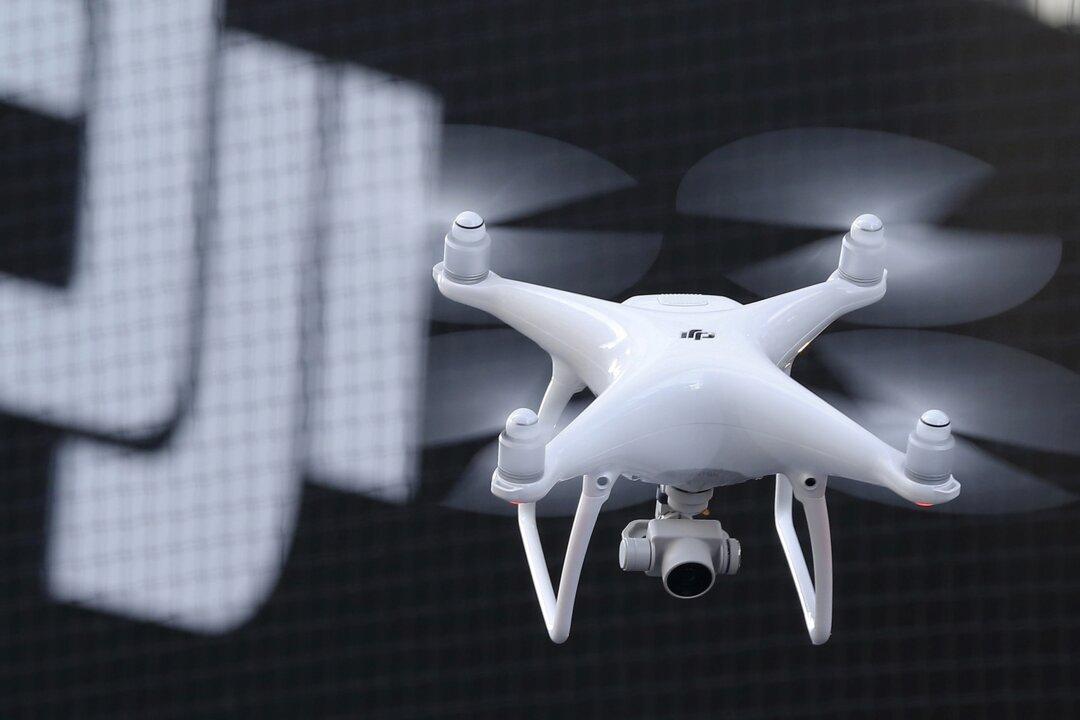The Pentagon has blacklisted a Chinese drone manufacturer that Ukrainian officials previously accused of providing military support to Russia.
DJI Technology, the world’s largest consumer drone manufacturer, was added to a Department of Defense (DOD) list of 60 “Chinese military companies” operating in the United States, the Pentagon announced on Oct. 5.




